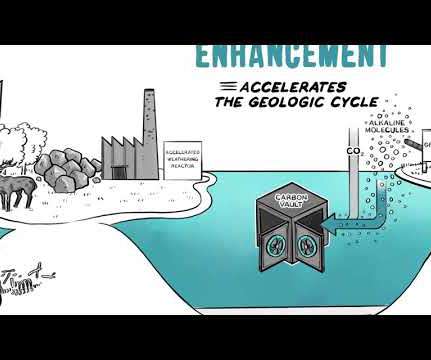The answer to climate-killing cow farts may come from the sea
Grist
NOVEMBER 3, 2019
They soon discovered that static electricity had caused entrapped methane from the flatulence and manure of 90 dairy cows to explode. According to the United Nations , reducing methane emissions from cows could be one of the quickest ways to slow climate change. It can reverse ocean acidification by absorbing carbon dioxide.















Let's personalize your content